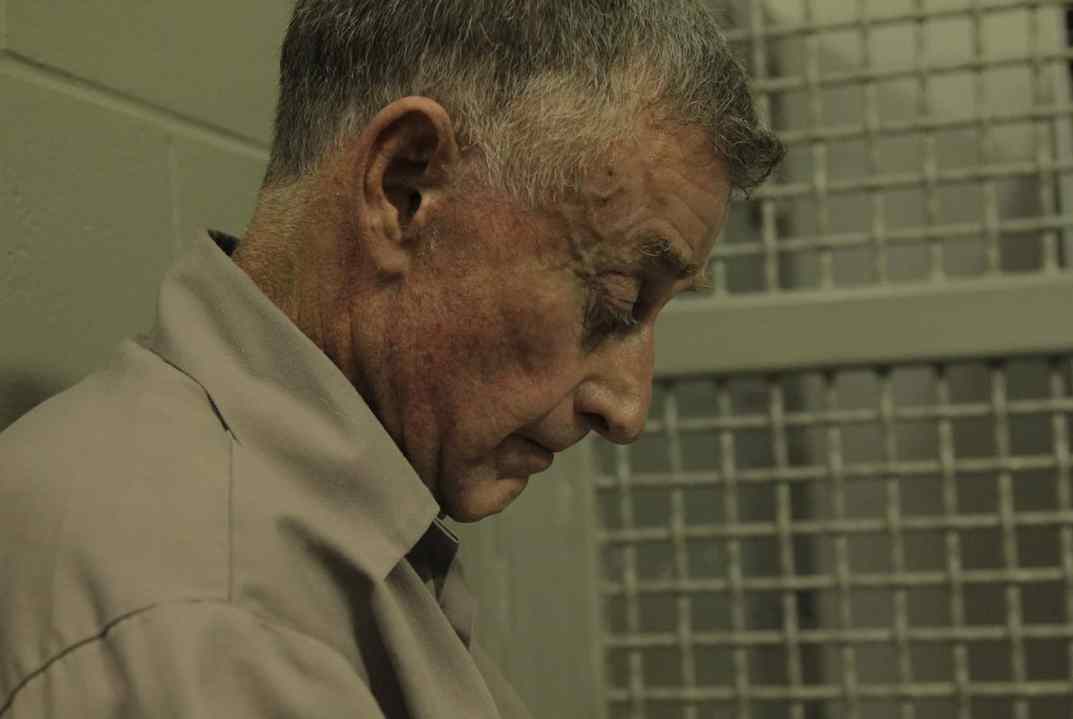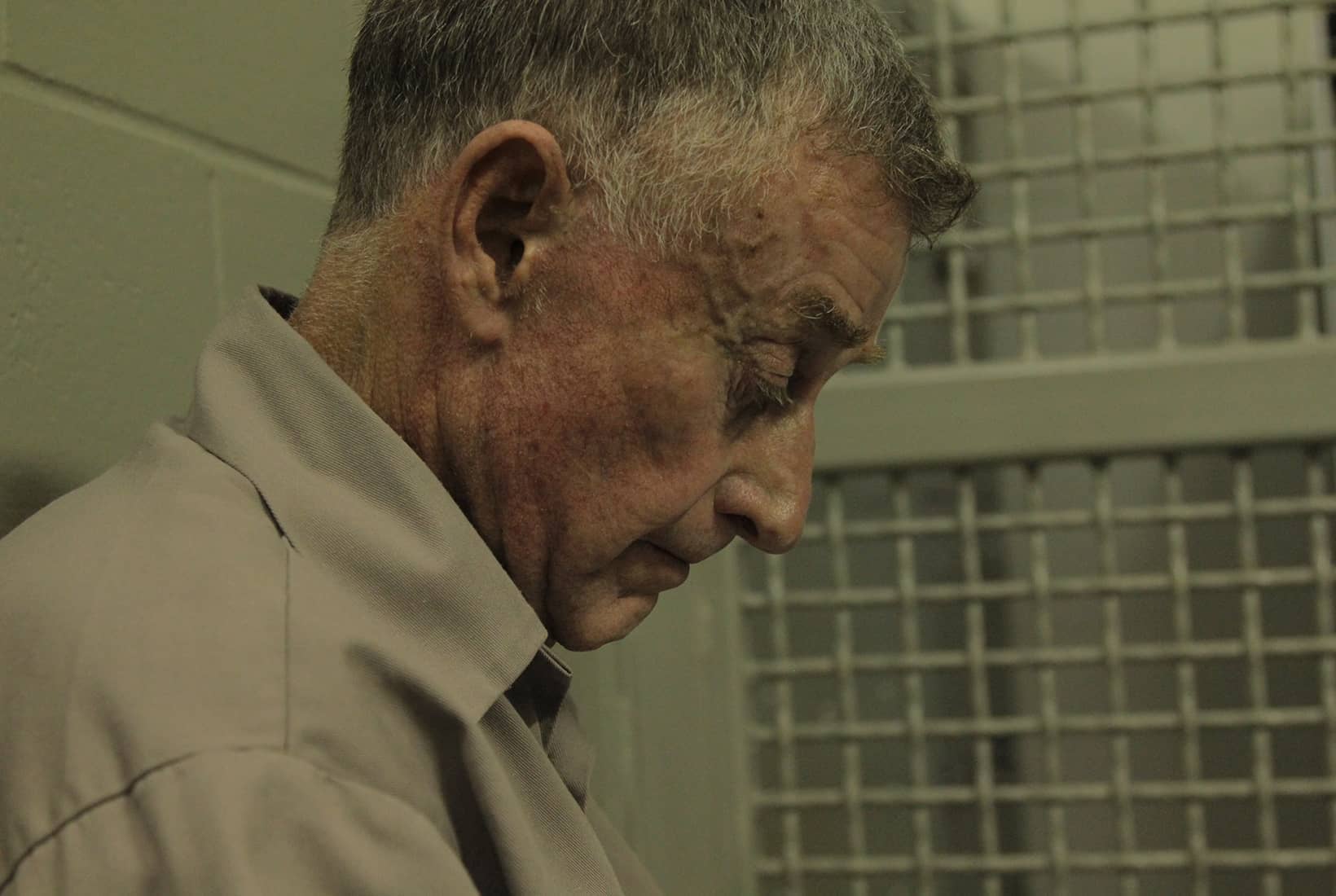Nothing new under the sun. Or at least it feels that way these days, doesn’t it? The movies are TV shows are comic books are children’s toys. The TV series are podcasts are non-fiction books are magazine articles. The radio shows are real-life stories are Twitter threads are TV series. Even the interesting movies are remakes now. Intellectual property is king, franchises rule the entertainment world and audiences are left to chew the cud from a hundred-stomached cow. Sunrise, sunset and nothing new to offer.
So it is with radio, and especially with true crime, the staple crop of narrative radio. No genre of storytelling is more formulaic or more exhausted. No narrative form more consistently fails to deliver what it promises. Yet on it goes. The genre has passed through what I think of as the four stages of modern media development: it had its viral break-out moment with the early smash hit Serial; it became meme-ified by anthology shows like My Favourite Murder and The Last Podcast on the Left; it turned into rote content with dozens of forgettable cod-investigative shows until the last bend of the barrel was fully scraped and now it has reached the cannibalistic stage, where old material is pointlessly remade and re-exhumed over and over.
No genre of storytelling is more formulaic or more exhausted than that of true crime
High up on the BBC Sounds homepage these days is The Staircase: The Real Story. This is not, though, ‘the real story’ in the sense that it has anything new or unreported to say. Here ‘the real story’ is being used in the way that it’s used on the front of glossy magazines, where it means ‘the same story you’ve already heard presented in a minutely different form’.
The facts are these. In December 2001, the unsuccessful novelist Michael Peterson called 911 saying that his wife, Kathleen, had fallen down the stairs at their house and was unconscious. She died before the paramedics arrived. The huge amount of blood at the crime scene and wounds on Kathleen’s head caused Michael to become a suspect for her murder. With Peterson’s identity held in dramatic superposition – was he a grieving husband or a deceitful murderer? – the case became a media circus and constant local talking point.
At the trial, it was revealed that Peterson had been seeking out male prostitutes online; it also emerged that a family friend, Elizabeth Ratliff, had died the same way, by falling down the stairs, and that Peterson was the last person to see her alive. The jury found Peterson guilty of murder. He was later released, after a State Bureau of Investigation officer was found to have given flawed evidence. Peterson later entered an Alford plea – meaning that there was evidence to convict him but he denied his guilt – for manslaughter. He continues to contest his guilt.
None of this is what interests me about the podcast. Here’s what does: The Staircase: The Real Story is not a piece of original research. Rather, the podcast consists of reformatted interview clips taken from an earlier podcast, Beyond Reasonable Doubt?, which explored the death of Kathleen Peterson in 18 exhaustive episodes. It is one of six podcast and radio shows that have focused on this trial, most of which draw their material from the many books written about it. It has been released to piggyback on the attention garnered by HBO’s The Staircase, which is itself the most recent of 14 dramatisations and documentaries that take Kathleen Peterson’s death as their subject. As a piece of entertainment, it’s essentially worthless. But as a material artefact, it condenses beautifully the desiccation and lifelessness of our cultural moment.
The same almost goes for Lady Killers with Lucy Worsley which bills itself as ‘where true crime meets history’, though it ends up as such an amiable amble that you might think you’d tuned in to Gardeners’ Question Time. The show gets confused about its brief and, trying to take a feminist lens to the stories of female killers, accidentally ends up half-trying to prove that they’re innocent. The problem is they just don’t seem to be.
You already know the names: Lizzie Borden, who was home alone when her wealthy family were murdered with an axe, leaving Lizzie rich. Mary Ann Cotton, whose acquaintances died at an alarming rate just as she bought life insurance for them. No one quite has the heart to suggest that these women were unfairly accused, though someone gamely and improbably suggests that Lizzie Borden was tried for violating norms of female decorum. In fact, most of the women featured managed to successfully weaponise stereotypes of female frailty to their advantage. Which you might already know, if you’d read about it before. Or which you might find out soon, if The Inhabitant, an upcoming horror film about one of Lizzie Borden’s descendants, comes to Netflix quicker than usual.






Comments